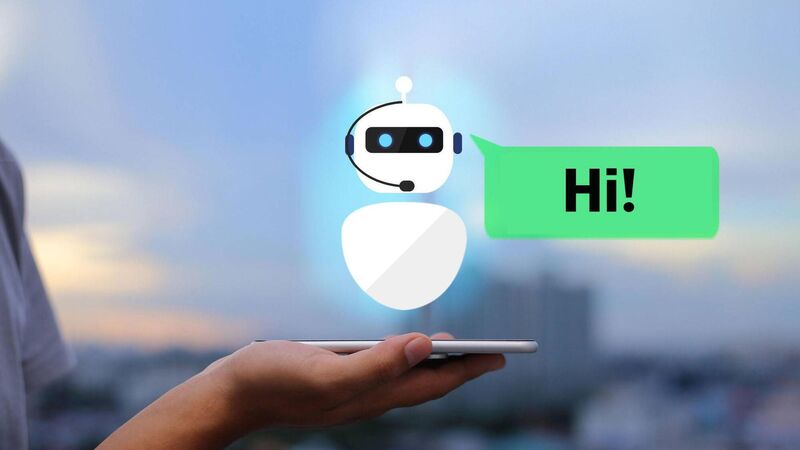How can (A)I help you? How chatbots could change therapy

Could bots be the future of urgent or immediate talk therapies?
My phone buzzed. “Hey, Niamh! Want to see something adorable?” This was the latest of a series of quirky invites from the little goggle-eyed yellow robot on my phone. After clicking on the notification, I found myself staring at a pair of nose-wiggling rabbits, snugly seated inside a paper soda cup. The robot typed the words: “Just two friends hanging out!”, punctuating
it with a loudly-crying-face emoji.
Having charmed me with its dorky humour, Woebot cuts to the chase. “Today I was thinking we could talk about common obstacles to falling asleep,” the chatbot types, nudging me about the sleep issues I had brought up last time. “How about it?” the bot asks.
Already a subscriber? Sign in
You have reached your article limit.
Subscribe to access all of the Irish Examiner.
Annual €130 €80
Best value
Monthly €12€6 / month
Introductory offers for new customers. Annual billed once for first year. Renews at €130. Monthly initial discount (first 3 months) billed monthly, then €12 a month. Ts&Cs apply.
CONNECT WITH US TODAY
Be the first to know the latest news and updates








